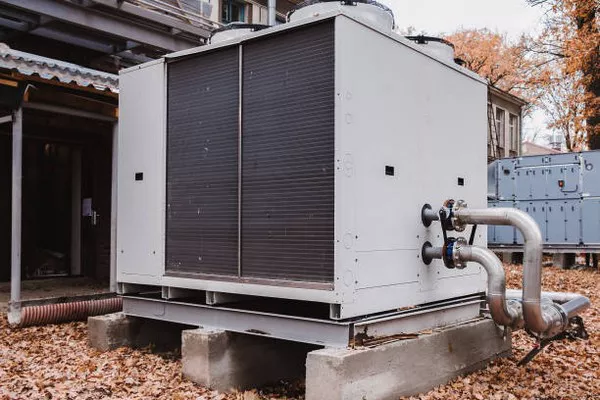Power outages can strike unexpectedly, leaving homes and businesses in the dark, causing discomfort, and disrupting daily life. When the electricity grid fails, having a backup power source is crucial. Generators are invaluable in such situations, but choosing the right generator size is a critical decision. In this article, we will delve into the various factors that determine how many watts are needed to run a house efficiently during a power outage.
Understanding Generator Capacity
Before we can determine the appropriate generator size for a house, it’s essential to understand the fundamental unit used to measure a generator’s capacity: watts. A watt is a unit of power, and generators are rated in terms of their output capacity in watts. The more appliances and electrical devices you need to power, the more watts your generator must produce.
The Power Needs of Your Home
The first step in deciding how many watts your generator should produce is to calculate the power needs of your home. This involves listing all the electrical devices and appliances you want to operate during a power outage.
Essential Appliances: Start by identifying the appliances that are critical for your daily life. These typically include the refrigerator, freezer, lights, heating or cooling systems, sump pumps, and medical equipment if needed.
General Circuits: In addition to the essentials, you may want to power other circuits like kitchen outlets, your garage door opener, and entertainment devices like televisions and computers.
Special Considerations: Consider any specialized equipment or systems, such as well pumps, sewage pumps, and security systems, which may require specific power capacities.
Calculating Wattage Requirements
After you’ve identified all the appliances and circuits you want to power, you need to determine the power consumption (in watts) of each device. This information is usually available on the manufacturer’s label or in the user manual. If you can’t find the wattage, you can use an ammeter or consult an electrician to measure the power consumption accurately.
Once you have the wattage for each device, add them up to calculate the total wattage required. Remember that some appliances have starting (surge) wattage, which is higher than their running wattage. Generators must be able to handle these surge requirements without overloading.
Consider the Load Profile
Understanding your load profile is another essential aspect of choosing the right generator size. Your load profile refers to how many appliances you will run simultaneously. For example, during a power outage, you may run your refrigerator continuously, but you won’t run your washing machine, air conditioner, and microwave at the same time.
By assessing your load profile, you can better gauge the generator size you need. It’s important to consider the highest possible load scenario and ensure that your generator can handle it without overloading.
Sizing Your Generator
Now that you know the total wattage requirements and have considered your load profile, you can determine the appropriate generator size. Generators are available in various capacities, and common generator sizes include:
3,000 to 5,000 Watts: These generators are suitable for running essential appliances and circuits but may not support large HVAC systems.
5,000 to 8,000 Watts: These generators offer a bit more capacity and can power additional appliances and circuits, including smaller HVAC systems.
8,000 to 12,000 Watts: These generators can support more extensive power needs, including medium-sized HVAC systems.
12,000 Watts and Above: For comprehensive whole-house backup power, generators in this range can handle even the most substantial power requirements.
It’s crucial to consult with a professional electrician or generator specialist to ensure you choose the right generator size for your specific needs. They can help you match your power requirements with the generator’s capacity and recommend a reliable brand and model that suits your budget.
Factors Affecting Generator Size
In addition to your power needs and load profile, several other factors can influence the choice of generator size. These include:
Climate: If you live in an area with extreme temperatures, you may need a larger generator to power heating or cooling systems.
Fuel Type: The type of fuel your generator uses, such as gasoline, diesel, natural gas, or propane, can affect its capacity and runtime.
Available Space: Consider the physical size of the generator and the space available for installation.
Noise Levels: Larger generators tend to be noisier, so factor in your noise tolerance and your neighbors’ comfort.
Budget: Your budget will play a significant role in selecting the generator size. Smaller generators are typically more affordable than larger ones.
Generator Transfer Switch
Once you’ve determined the appropriate generator size, it’s essential to install a transfer switch. A transfer switch is a critical component in safely connecting your generator to your home’s electrical system. It ensures that power from your generator is isolated from the grid, preventing back-feeding, which can be dangerous for utility workers and your generator.
Conclusion
Selecting the right generator size to power your home during an outage is a crucial decision that involves careful consideration of your power needs, load profile, and various other factors. The key to a successful backup power solution is a generator that can handle your requirements without overloading. To make this decision, consult with a qualified electrician or generator specialist who can provide expert guidance based on your unique circumstances. With the right generator in place, you can ensure that your home remains comfortably powered, even in the face of unexpected outages.

